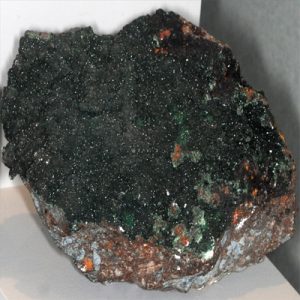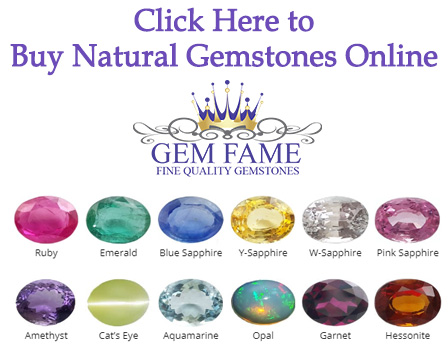Chalcosiderite
Chalcosiderite is really a copper that is rare mineral based in the oxidized zone of some hydrothermal calcium deposits. It is a known member of the Turquoise Group of minerals that includes Chalcosiderite , Faustite, Planerite and Turquoise.
Chalcosiderite’s colors are bright, dark green, pale or apple-green green. Chalcosiderite is in a solution that is solid with Turquoise. Chalcosiderite and Turquoise have the structure that is same just slightly different chemistries. Turquoise is the aluminum rich end member of the series and Chalcosiderite is the iron end user that is rich. It’s Chalcosiderite’s iron content that produces its usually darker color in the place of Turquoise’s lighter blue-green. Chalcosiderite is rarely available on the gem market but cabochons are occassionally available. Material from the Lander Ranch mine near Tenabo, Lander County, Nevada makes for very attractive, pale cabochons being green.
Distribution: In England, from the western Phoenix United mines, Linkinhorne, and the Gunheath china clay pit, St. Austell, Cornwall. In Germany, at Schneckenstein, plus in the Tannenberg mine, Mühlleithen, Saxony; from Hagendorf, Bavaria. From the Miguel Vacas mine, Estremoz, Portugal. At Les Montmins, Auvergne, France. In america, from the Lander Ranch mine near Tenabo, Lander County, Nevada; from the Cole and Shattuck mines, Bisbee, Cochise County, Arizona; in the Tyrone mine, Santa Rita, Grant County, New Mexico; during the Mohawk mine, Clark Mountains, San Bernardino County, California; from the King turquoise mine, Conejos County, Colorado. In Australia, in the Lake Boga granite quarry, near Swan Hill, Victoria, together with Spring Creek mine, near Wilmington, South Australia.
| Chemical Formula: | CuFe2+6(PO4)4(OH)8 • 4(H2O) |
| Hydrated Copper Iron Phosphate Hydroxide | |
| Molecular Weight: | 986.63 gm |
| Composition: | Iron | 33.96 % | Fe | 43.69 % | FeO |
| Copper | 6.44 % | Cu | 8.06 % | CuO | |
| Phosphorus | 12.56 % | P | 28.77 % | P2O5 | |
| Hydrogen | 1.63 % | H | 14.61 % | H2O | |
| Oxygen | 45.41 % | O | |||
| 100.00 % | 95.14 % | = TOTAL OXIDE |
| Crystallography: | Triclinic – Pinacoidal |
| Crystal Habit: | Crystals short prismatic, with a number of forms noted, typically in sheafs, to 3 mm; and in crusts. |
| Twinning: | None |
| Cleavage: | Perfect on {001}, good on {010} |
| Fracture: | Irregular/Uneven |
| Tenacity: | Brittle |
| Moh’s Hardness: | 4.5 |
| Density: | 3.22 (g/cm3) |
| Luminescence: | Not Fluorescent |
| Radioactivity: | Not Radioactive |
| Color: | Dark green, apple-green, pale green |
| Transparency: | Transparent to Translucent, Opaque |
| Luster: | Vitreous |
| Refractive Index: | 1.775 – 1.844 Biaxial ( – ) |
| Birefringence: | 0.0690 |
| Dispersion: | Very strong, crossed; r > v |
| Pleochroism: | Weak; X = colorless; Z = pale green |


